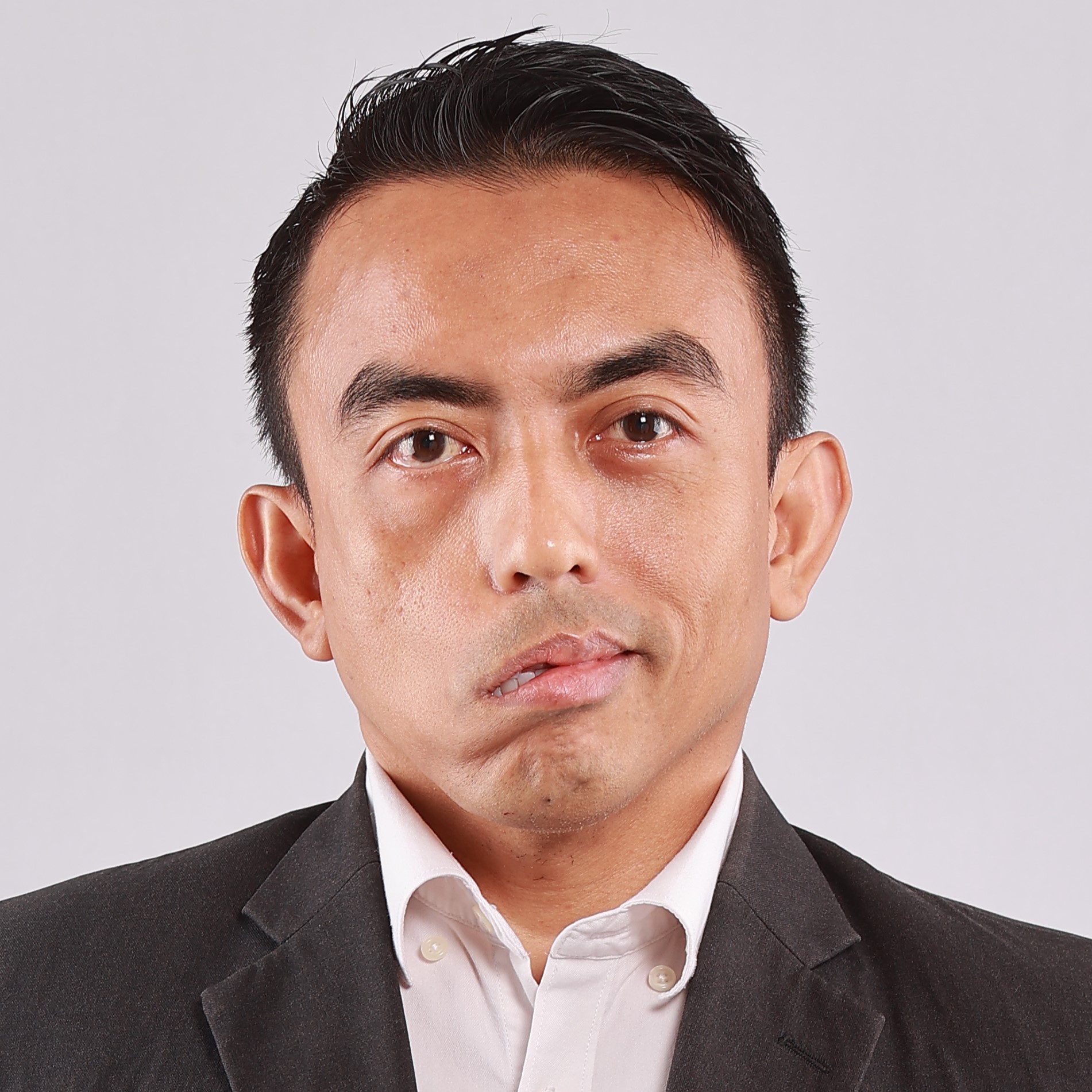By: Dr. Nahrizul Adib Kadri
Did you know that we have many Portuguese loanwords in Bahasa Melayu like “palsu” (false) which came from “falso”, “jendela” (window) from “janela”, and “keju” (cheese) from “queijo”? These linguistic borrowings not only reflect historical interactions but also showcase the language’s adaptability and openness to embracing diverse influences.

In our multicultural society, cultural encounters (albeit forcefully in some cases) have played a significant role in shaping our modern language. From the Portuguese to English colonialists who left their mark on our shores centuries ago to the Indian, Chinese, and Arabic influences that have enriched our linguistic landscape, our language is a testament to the interconnectedness of, ours and their, cultures.
But the benefits of embracing multilingualism extend far beyond linguistic diversity. Research has shown that learning additional languages from a young age can broaden perspectives, enhance cognitive abilities, and foster a global mindset. A 2014 review article included a previous study published in the journal Psychological Science which found that “bilingual children have a stronger executive function (a set of cognitive skills that are responsible for controlling and coordinating other cognitive processes) than monolingual children.”
Therefore, we could directly empower children to explore an increasingly interconnected world with empathy, understanding, and respect, by exposing them to different languages and cultures. The keyword here is open-mindedness, as documented by a 2022 study published in BMC Medical Education. By being more open-minded, these children will grow up and likely to be more willing to learn from others, keen to embrace differences, and treat others with respect.
Nevertheless, fostering a love for languages and celebrating linguistic diversity is not a task that falls solely on the shoulders of educators or parents. It requires a concerted effort from all members of the society. Parents, educators, and communities each have a unique role to play in nurturing children’s language skills and promoting a culture of multilingualism. Parents can instil a curiosity for languages by exposing their children to different languages at home and encouraging them to engage with diverse cultural experiences. Educators can create inclusive learning environments where children feel empowered to explore and embrace new languages, while communities can provide access to language learning opportunities outside of the classroom through cultural events, language exchange programs, and community-based language classes. By working together and prioritising language learning, we can equip our children with the linguistic skills and cultural competency needed to succeed in an increasingly interconnected world.
In today’s highly interconnected world, proficiency in multiple languages, including those learned informally, is more than just a valuable skill; it is a necessity. As technology continues to break down barriers and facilitate cross-cultural communication and collaboration, individuals who are fluent in multiple languages have a clear advantage. They are better equipped to engage with others from diverse backgrounds, and participate in global conversations. Language proficiency not only opens doors to new opportunities but also inculcates empathy, understanding, and respect for others’ perspectives and experiences.
In conjunction with the World Portuguese Language Day observed annually on 5 May, let us work together to encourage early language learning in our multicultural society. Let us recognise the value of linguistic diversity and the importance of equipping our children with the tools they need to thrive in a globalised world.
By embracing linguistic diversity and indirectly promoting multilingualism, we can then help build a more interconnected, and harmonious Madani society for generations to come.
“Language shapes the way we think, and determines what we can think about.” – Benjamin Lee Whorf
…
The author is the former Director of Corporate Communications Centre, Universiti Malaya. He may be reached at nahrizuladib@um.edu.my








Leave a comment